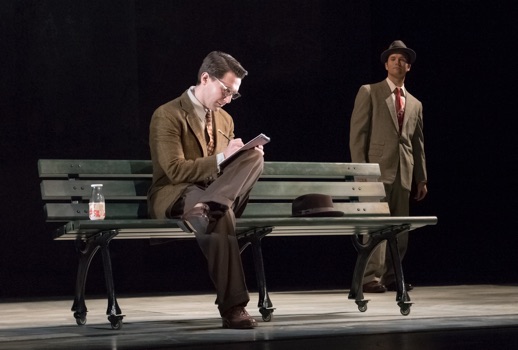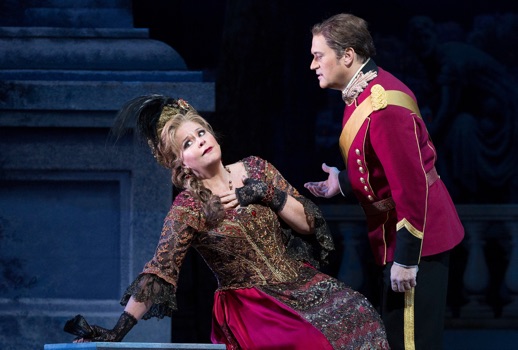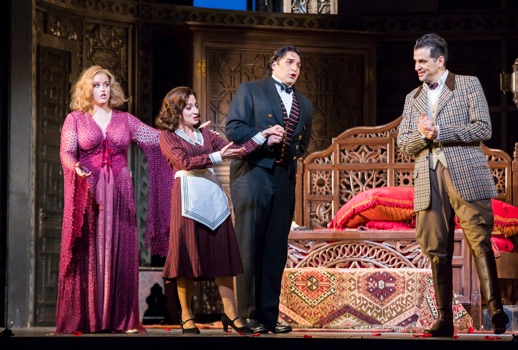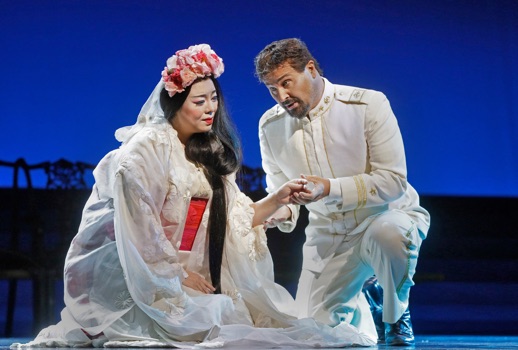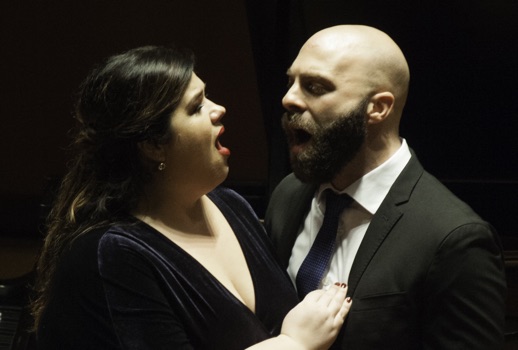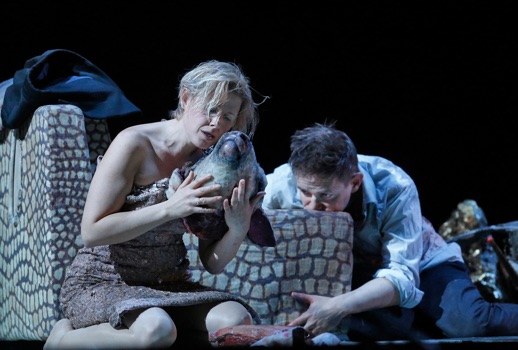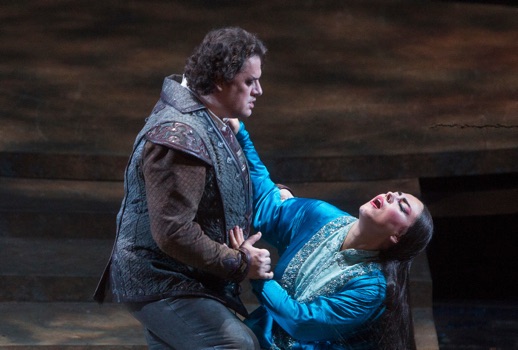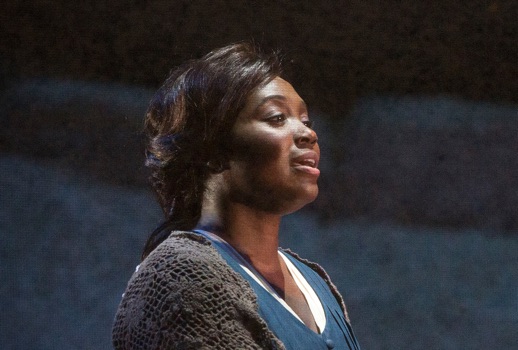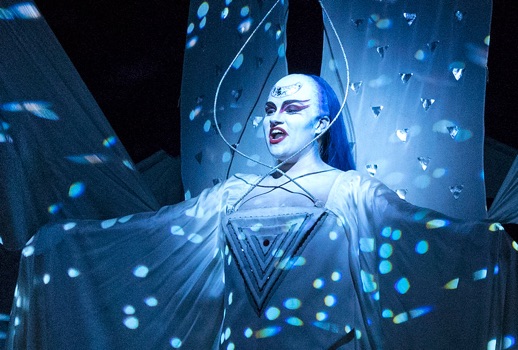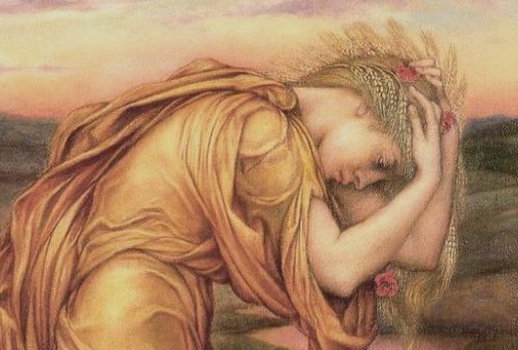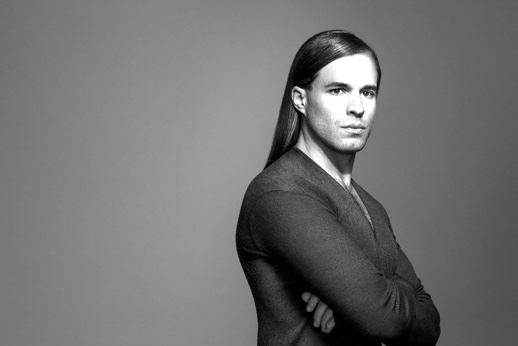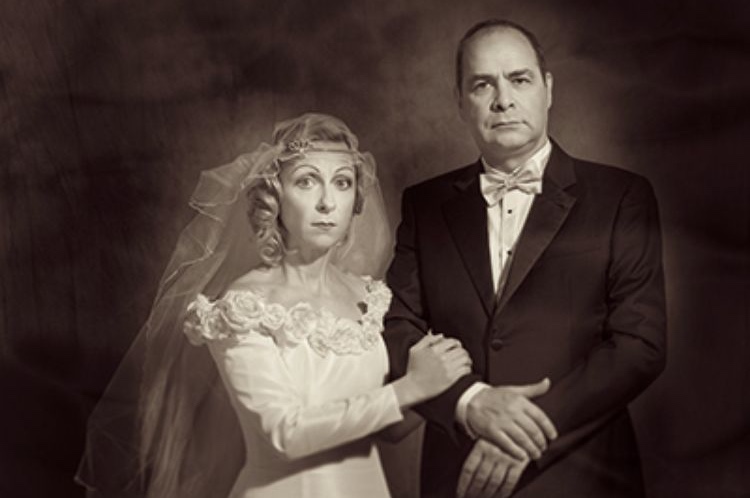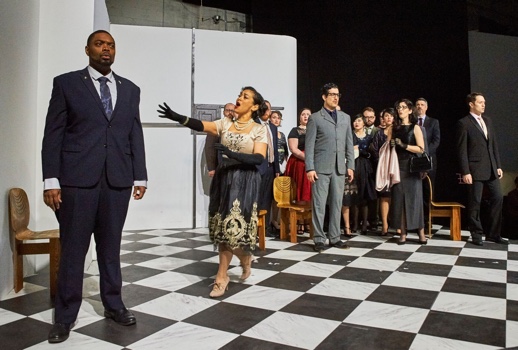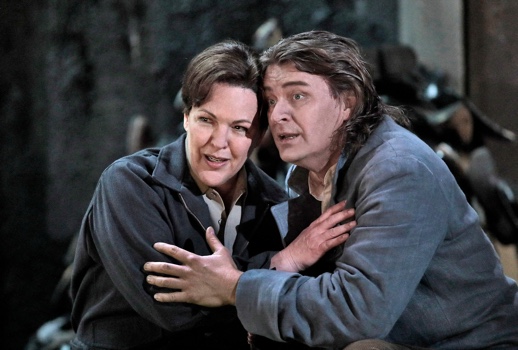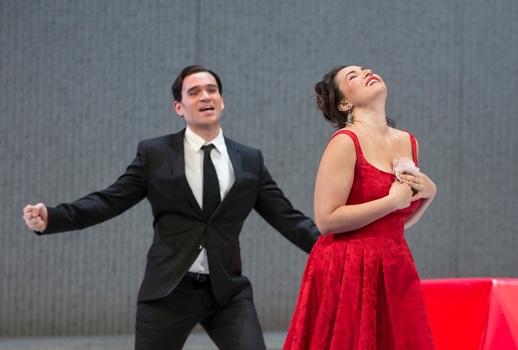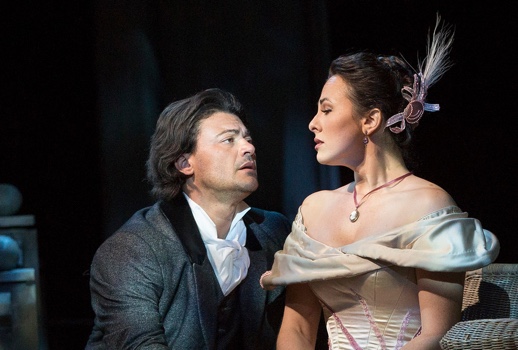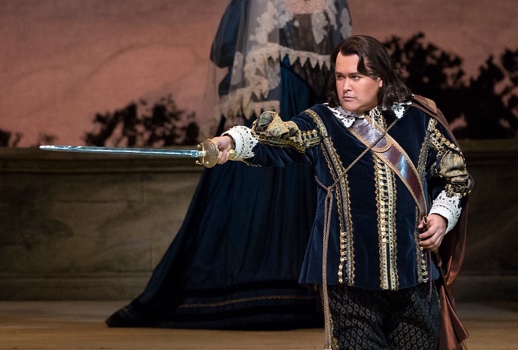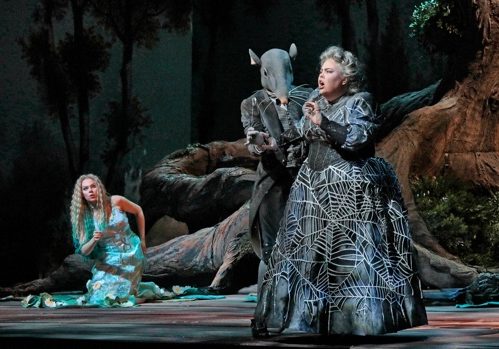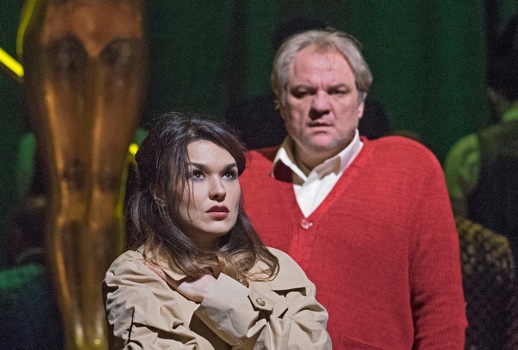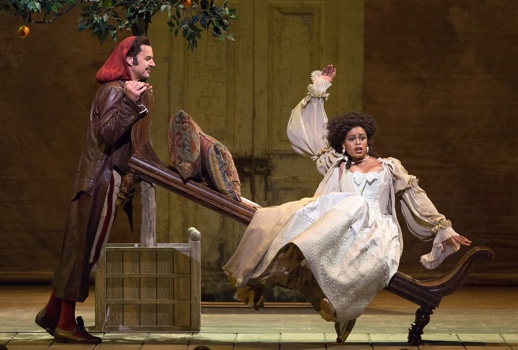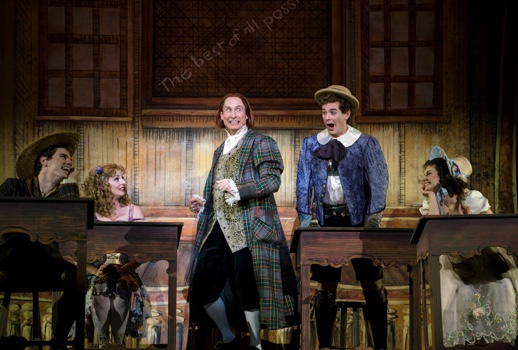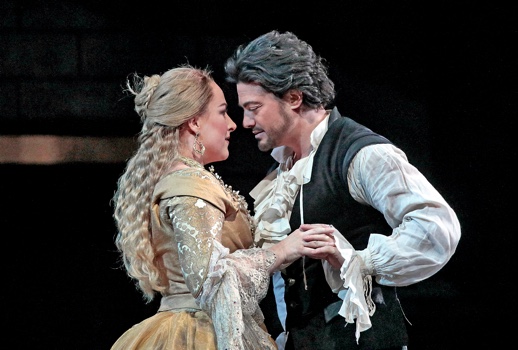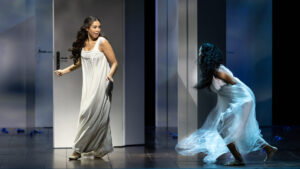
Patrick Clement James
Composer Gregory Spears is a unique example of this maxim that one must be “deeply rooted in tradition in order to innovate with integrity.”
The most distinct pleasure of The Merry Widow at the Metropolitan Opera was the polished, yet warm, performance of Susan Graham as Hanna Glawari.
It was odd, if not downright uncomfortable, to watch Le Nozze di Figaro at the Metropolitan Opera.
Madama Butterfly remains fascinating because of its complexity.
At yesterday’s recital at the Morgan Library, Leah Crocetto sang as her encore Kern and Hammerstein’s “Can’t Help Lovin’ Dat Man.”
Just because one can write an opera based on a film, does this necessarily indicate that one should?
From the perspective of current identity politics, Puccini’s Turandot is a disaster of epic proportions.
At the center of the Met’s revival of Puccini’s La bohème, one found the rich and layered talent of Angel Blue.
In Schikaneder’s patriarchal cosmology, darkness is the province of emotional women—not just the erratic fury of the Queen of the Night, but the pathetic supplications of Pamina as well.
Published in 1975, James McCourt’s novel Mawrdew Czgowchwz is engaged with a longing for the divine.
It was a timeout—but maybe it was a timeout we deserved.
There was a moment during Natalie Dessay’s performance of Schubert’s “Gretchen am Spinnrade” when the singer summoned the ghost of her former self.
LoftOpera’s Saturday night performance of Rossini’s Otello successfully appealed to the essential kinetic energy of the operatic art form.
There is much to say about the similarities between the plot of Fidelio and the ancient myth of Orpheus.
The Met’s current production of Verdi’s La Traviata is something of a mixed bag.
I am, perhaps instinctively, skeptical of those who commit suicide.
Someone—a deranged purist no doubt—heckled Javier Camarena from the balcony of the opera house for withholding the infamous high F during “Credeasi, misera.”

